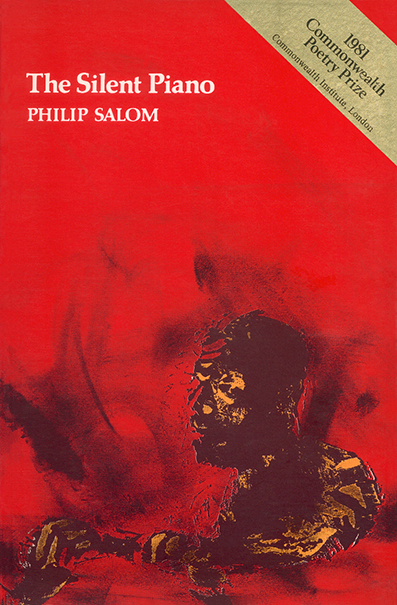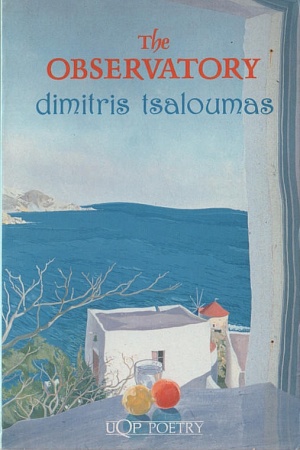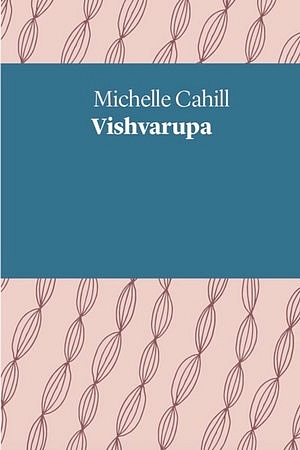The Silent Piano
Fremantle Arts Centre Press, $4 pb, 94 pp
Religious Guilt and Resolution
Thirty-year-old Western Australian poet Philip Salom’s first collection takes its title from Camus: ‘... a prisoner in a camp where cold and hunger were almost unbearable – who constructed himself a silent piano.’
Salom writes mainly about himself. The middle sections of the book (‘Figures in Clay’, ‘The Dam’, ‘Intersection’) deal with memories of childhood and adolescence on a dairy farm at Brunswick Junction. There are beautiful and often terrifying evocations of landscape and characters here, but the emphasis is on the tensed relationship between the remembered world of the child and the rather bruised sensibility of the adult poet. In the other, less successful sections Salom attempts a more objective self-dramatisation, adopting the persona of an apostate priest (‘Hawes’) or various religious figures from history (‘The Silent Piano’). In almost all of the forty-nine poems, Salom’s major preoccupation is a search for personal integration and belief.
Continue reading for only $10 per month. Subscribe and gain full access to Australian Book Review. Already a subscriber? Sign in. If you need assistance, feel free to contact us.















Leave a comment
If you are an ABR subscriber, you will need to sign in to post a comment.
If you have forgotten your sign in details, or if you receive an error message when trying to submit your comment, please email your comment (and the name of the article to which it relates) to ABR Comments. We will review your comment and, subject to approval, we will post it under your name.
Please note that all comments must be approved by ABR and comply with our Terms & Conditions.